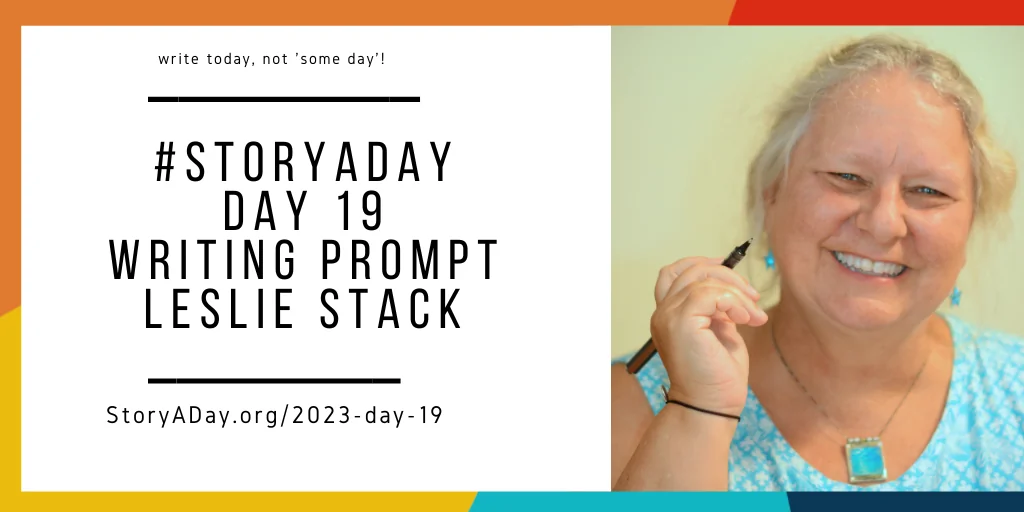The Prompt
We all depend on our GPS devices whether it’s through Google, Apple, or other providers, but do we know how those online maps are created?
For at least Apple and Google, a small car literally drives around each neighborhood with a camera on top taking pictures and videos in real time for use later in their maps.
What if one of these drivers inadvertently takes a picture of a crime being committed unbeknownst to the driver?
This could be in a home, a park, a shopping center, a theatre, or a deserted road. For this prompt you can use the POV of the person committing the crime and finding the evidence on Google or Apple maps or you can use a different POV such as the victim or the officer investigating the crime.
What is the crime and what did the camera see? Enjoy!
Leslie Stack
Leslie Stack is a musician and retired teacher who is finally surrendering to her love of writing. You can usually find her doing research behind dark glasses on a park bench. She lives in a house in Pennsylvania with her husband where the books are plotting to takeover.
Join the discussion: what will you do with today’s prompt OR how did it go? Need support? Post here!

Here’s your next Game Piece. save the image and share on social media with #storyaday
Prefer paper crafts? Here’s the cut & paste version

